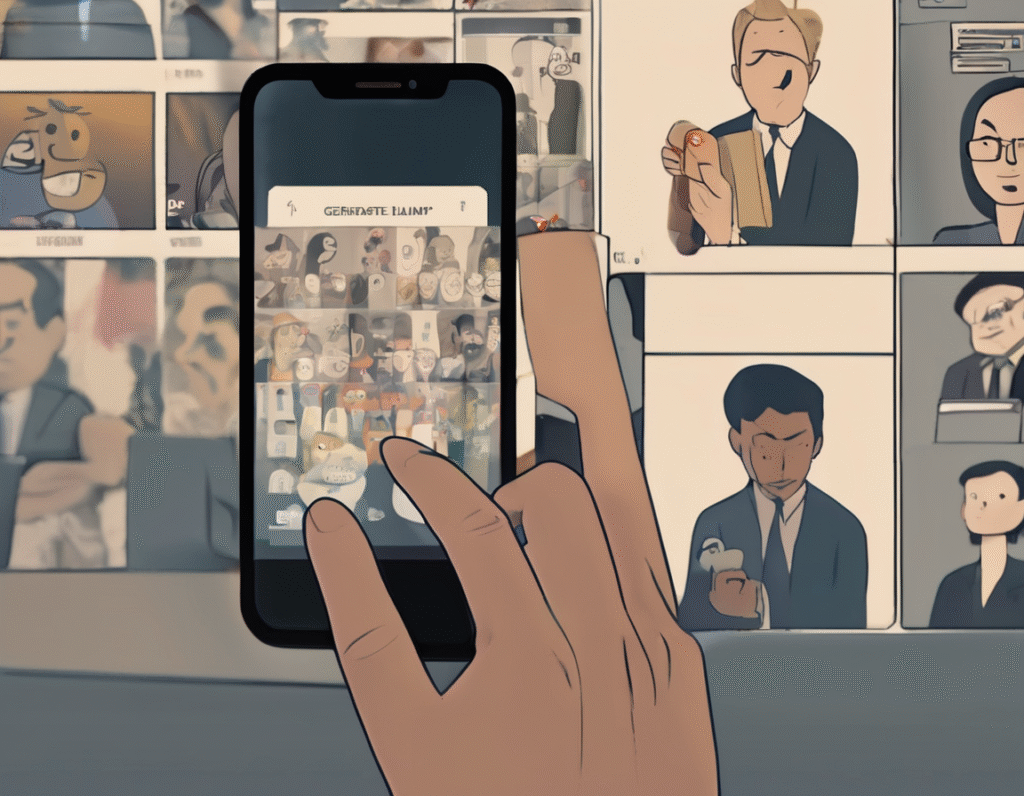OpenAI’s Sora app has surpassed one million downloads in less than five days, a milestone achieved even faster than the initial download rate for ChatGPT. This rapid adoption occurred despite two significant limitations: the app was only available for download in North America, and users still required an invite to access its core video generation features. The head of Sora, Bill Peebles, confirmed the statistic, highlighting the surging interest in the platform. Sora functions as a social network centered on AI-generated video content. Its interface presents users with an endless vertical feed of videos, similar to TikTok, but every video is created by artificial intelligence. At the heart of the app is the ability for users to create their own videos. Generating a 10-second clip is as simple as typing a text prompt for the Sora 2 model to interpret. A key feature called Cameo allows users to create videos featuring themselves or any other individual who has consented to share their likeness with the Sora service. This powerful capability, combined with what critics argue are limited guardrails, has already led to the creation of controversial content. Shortly after launch, the platform saw a wave of videos featuring OpenAI CEO Sam Altman in various scenarios. More concerningly, users quickly generated videos that clearly infringe on copyright, producing clips with recognizable characters like Pikachu and Spongebob. This has raised serious questions about the data used to train the Sora model and has prompted immediate pushback from major players in the entertainment industry, who see the technology as a significant risk. In response to the backlash, OpenAI has begun rolling out updates. The company has already given users more control over how their own likeness can be used in videos created by others. OpenAI has also announced plans to offer similar controls to rights holders, which would allow them to specify how, or if, their copyrighted characters can be used within the Sora platform. The impressive download figure comes with a caveat. Due to the invite-only system, it is unclear how many of the one million people who downloaded the app are active users. It is common for users to download an app and never engage with it, especially if they are waiting for access. Nevertheless, the initial demand suggests a strong public interest in AI-generated video. The long-term success of Sora will now depend on OpenAI’s ability to manage the complex issues of copyright and moderation while finding a sustainable way to monetize the computationally expensive process of video generation.

